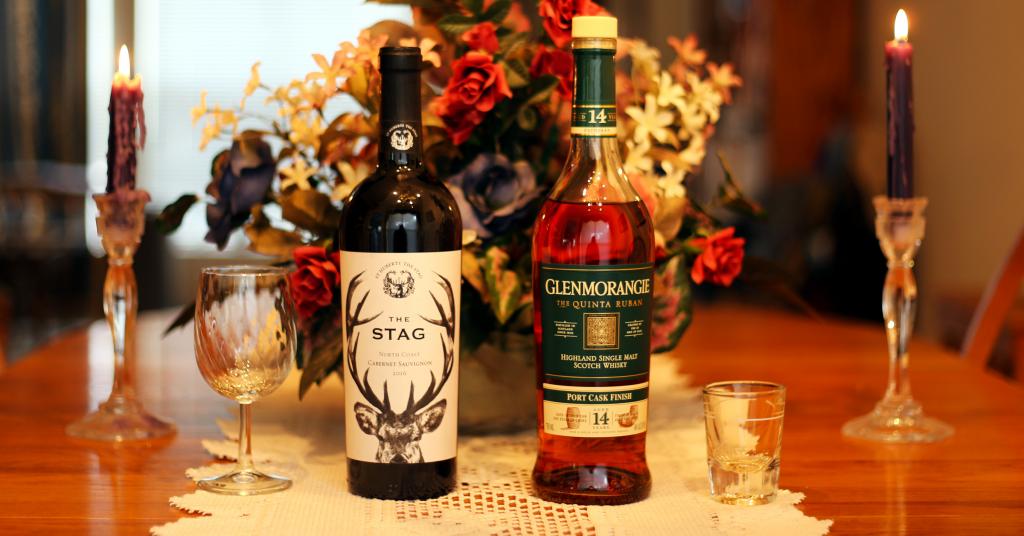I need to begin this post by thanking Devin Hunter for the idea. It seems like once a month, he tweets “your fellow occultists are not your competitors – there is no contest.” Occultists, Pagans, Druids, Witches – we are not in competition with each other.
Competition is embedded in our mainstream society. We go to school and even if grades aren’t posted, we know who are the A students, who are the B students, and who are the “I hope I pass” students. Sports are all about defeating your opponent. Much of history is about who won what war. Even in our entertainment we’re bombarded with Nielson ratings, box office results, and Top 10 song countdowns.
I’m not anti-competition. I enjoy sports, and when I play I want to win. Competition inspires us – and occasionally forces us – to improve our skills and to do the best we can. The problem isn’t competition.
The problem is seeing other Pagan leaders as competitors – as opponents to be defeated.
And that’s because despite our religious, spiritual, and magical differences – which are very real and should not be minimized – we’re all playing on the same team.
Good writing stimulates demand for more good writing
I remember when Mat Auryn first joined Patheos Pagan. He started posting at an amazing rate. Someone – I don’t remember who – said “before long he’s going to have the most popular blog on Patheos Pagan.” My response was “I hope he does.”
Now, I like having the most popular blog on Patheos Pagan (though at the time, I was usually #2 and Jason Mankey was #1 – I overtook him because Jason now spends most of his time writing books instead of blogs. Considering the pay differential, he probably made the right decision). But mainly, I want my work to be read by as many people as possible. If Mat, or Jason, or now Thumper Forge or Laura Tempest Zakroff becomes more widely read than me, that doesn’t mean I’ll lose readers to them.
Rather, people will read their stuff and then they’ll go read my stuff. Or they’ll read mine and then go read theirs. When the channel as a whole does better, I do better.
That doesn’t just happen with Patheos Pagan. When The Wild Hunt does better, I do better. When Witches & Pagans does better, I do better. When independent bloggers do better, I do better. And when they do worse, I do worse.
Good writing stimulates the demand for more good writing – people read one thing and they want to read more.
And also, good writing stimulates more good writing. Last week Jason Mankey wrote America’s Most Important Occultist(s) in direct response to my post Darker Than You Think, which was in part a response to Jason’s What If?: Alternative Histories of Witchcraft & Paganism.
Want to start your own blog? Here are 15 tips to get started right, plus links to – you guessed it – other Pagan bloggers and their tips.
Teachers and diviners tend to be specialized
Blogs are free to read (for the most part) and increased supply stimulates more demand. Books aren’t free, but most Pagan books are relatively inexpensive and those who buy one will generally buy more.
The equation changes when we move into divination, classes, artwork, and other areas where we’re making direct sales. These things tend to be relatively expensive and more supply doesn’t create more demand.
But that still doesn’t mean we’re competitors.
Good diviners tend to form relationships with their clients. You give them good insight and guidance – they’ll keep coming back. You give them rote interpretations and psychobabble guidance – they’ll go somewhere else. If you lose a client it’s unlikely to be the fault of a competitor.
Classes tend to be specialized. Jason Miller isn’t my competitor. He teaches magic from an Occultist and Buddhist perspective. Lora O’Brien isn’t my competitor. She teaches Paganism and witchcraft from a native Irish perspective. I teach Paganism and magic from my perspective as a contemporary polytheist.
This isn’t Coke vs. Pepsi. This is Cabernet Sauvignon vs. single malt whisky. If you just want to get drunk, I suppose either one will do. But if you’re looking for something to drink with dinner, or something to sip after dinner, or if you care about very different tasting experiences, you want one or you want the other. They’re not interchangeable – they’re not competitors.

If you want to get into reading or teaching, find your niche. What do you do that no one else is doing? What perspective do you bring that no one else is bringing?
Because at the end of the day, you can’t be John Beckett or Lora O’Brien or Jason Miller. You can only be yourself. If you want to compete, compete to be the best version of yourself you can be.
Good leaders support each other
Nobody gets into Pagan leadership to make money. I know a tiny handful of people who make a living with writing and teaching, but they’re not getting rich. We’re doing it because we believe in what we do, and we especially believe in the Gods and spirits we work with and for. We may have mixed feelings about the wider Pagan Community, but we love and respect what we do and who we do it for.
And so we support each other. I knew a lot about blogging when I came to Patheos – Jason Mankey taught me a lot more. Jason Miller, Lora O’Brien, and Thorn Coyle have all advised me on the business aspects of teaching. Mat Auryn still shares more Pagan content than anyone I know – and his reach on social media is about ten times greater than mine. Ivo Dominguez Jr. is a role model for me in many ways, even though I know I can’t duplicate what he does.
I do my best to support others when they ask.
Because we aren’t competitors. When one of us does better, we all do better – and our movement does better.
Who are our real competitors?
This isn’t to say we have no competitors – we do. We live in a marketplace of religions and not all religions on offer are healthy religions. At the least, we need to provide good alternatives. In some cases, we need to actively oppose them.
Our most obvious competitors are the various fundamentalists: those who insist they have the One True Way and everyone else is evil, deluded, or just plain wrong. In this country, our greatest danger is from Christian fundamentalists who try to spread their religion with the power of government and enforce their doctrines with the power of law. But there’s also a subtle danger from atheist fundamentalists, who insist that anything that can’t be proved with scientific experiments can’t possibly be real even though we have plenty of experiential evidence that says it is.
Advertisers and marketers are our competitors. A whole industry exists to convince people to base their identities on what they consume: houses and cars, clothes and jewelry, food and drink, and just about everything else. When we help people find an identity in their Gods, in their communities, and in their practices, we help break the spell of the advertisers and marketers. And they don’t like that.
Unhealthy member of our own traditions are our most direct competitors. Racists, the folkish, TERFs. Sexual and financial predators. Anyone who uses our sacred traditions to enrich themselves and/or promote bigotry. We cannot simply disavow them (see the No True Scotsman fallacy), and it’s not enough to denounce them. We need to out-compete them in the marketplace of religions and reduce their platforms to nothing.
These are our real competitors, not our fellow writers, teachers, diviners, and artists.
Just be better than you were
When competition inspires us to stretch and grow and become more than what we were before, it’s a good thing. When it causes us to respond in jealousy and to see each other as opponents and enemies, it’s a bad thing.
My fellow Pagan writers and teachers aren’t my competitors, they’re my colleagues. When one of us does well, it improves the environment for all of us.
And while integrity demands that we denounce those who are misappropriating our traditions, we will not defeat them by tearing them down – even though we’d like to. We’ll defeat them by being better than they are.
And that comes by being the best versions of ourselves that we can be.


















